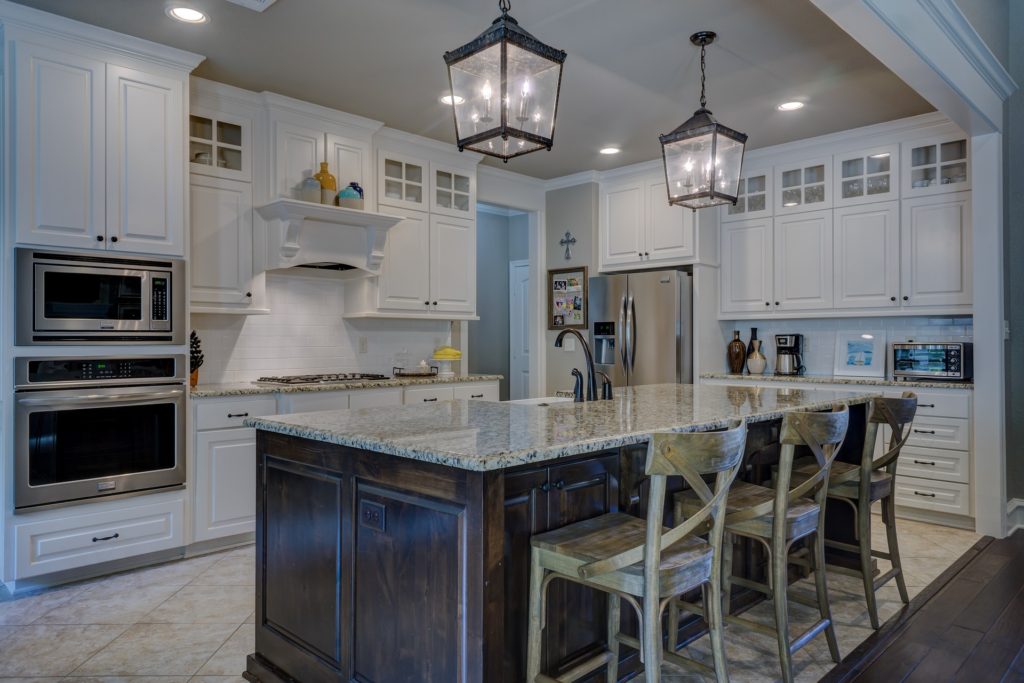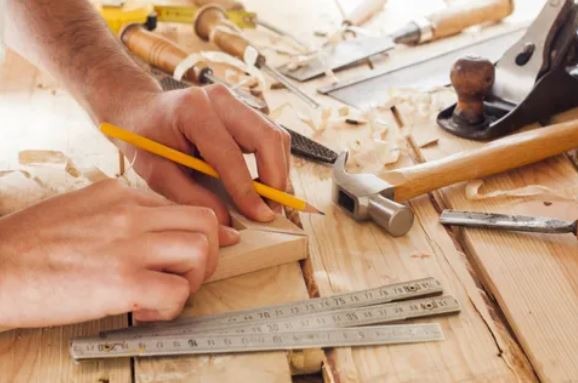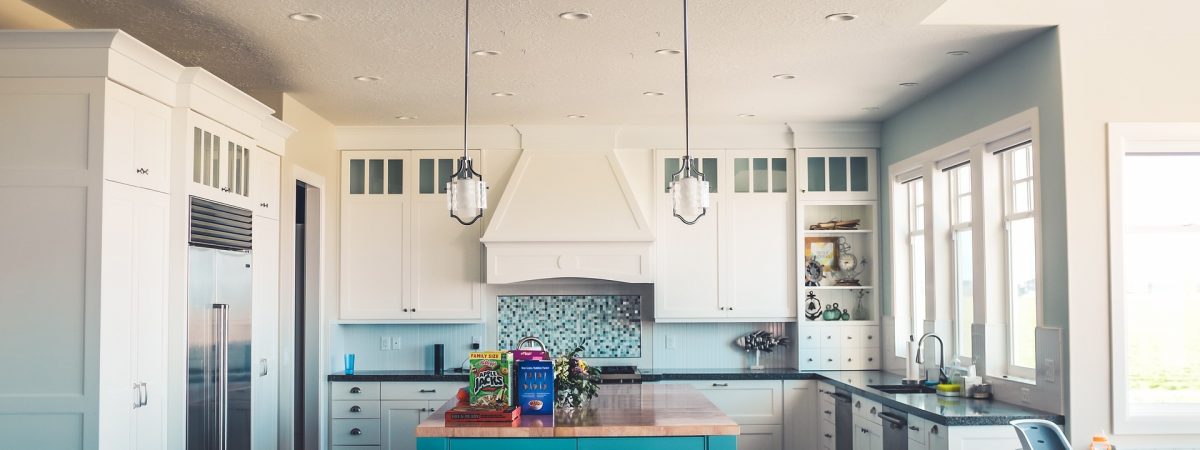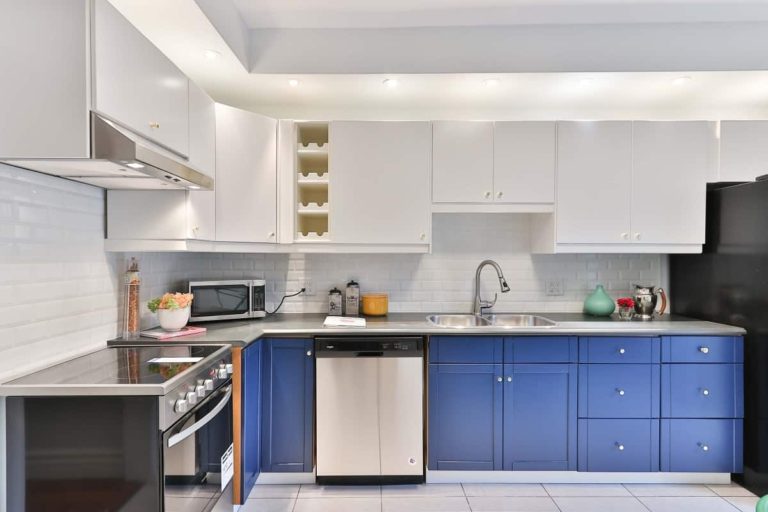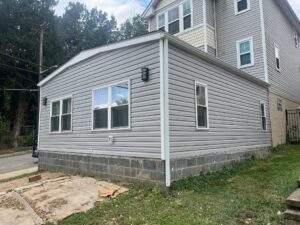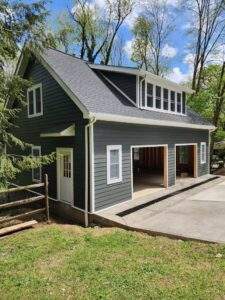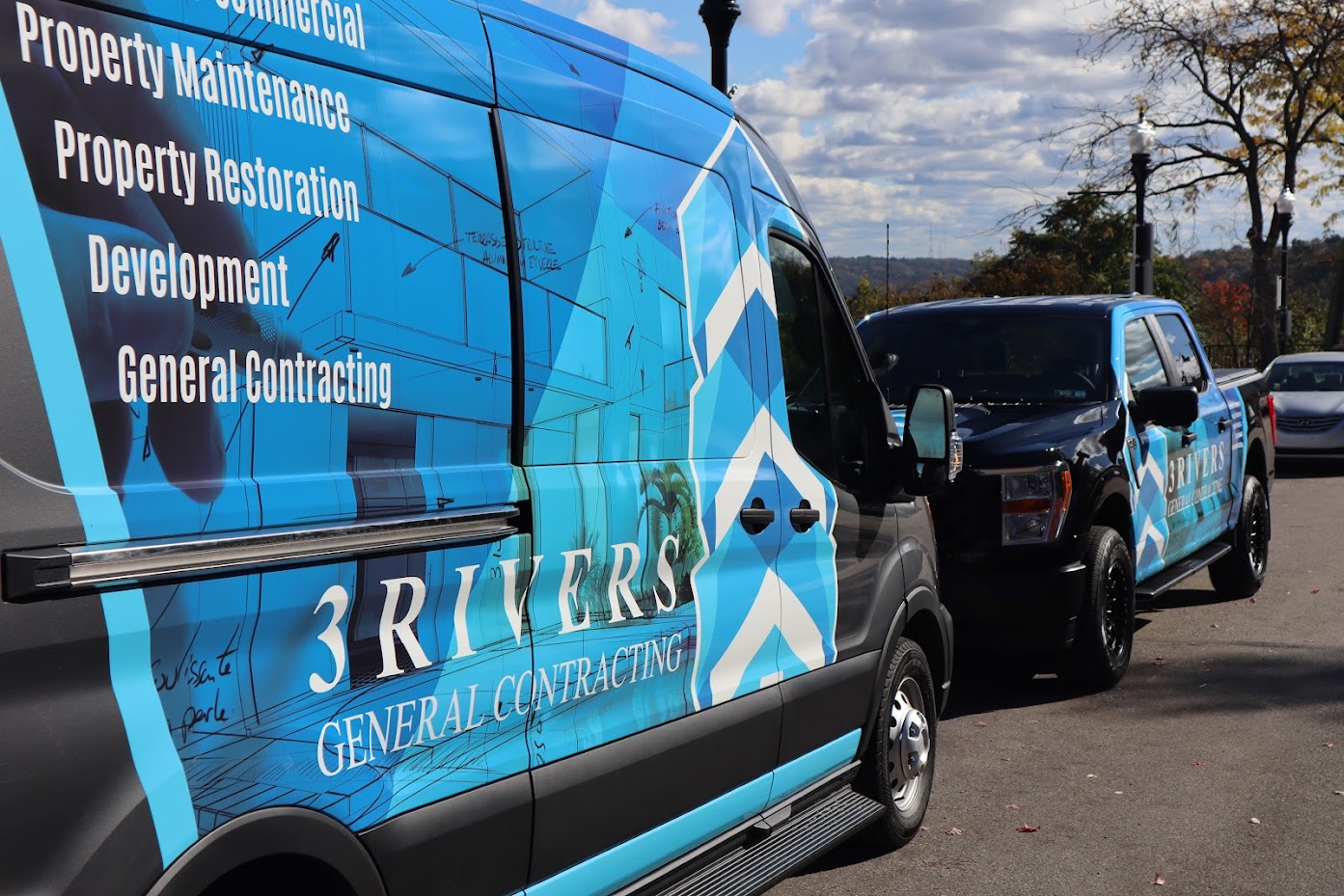A kitchen remodeling project is the most expensive remodeling project on average. The kitchen is the center of a home, so it makes sense that people want to put the most money into it. Studies have shown that the costs associated with kitchen renovations are largely recovered during the resale of the home. According to Remodeling’s Cost vs. Value Report, here is a kitchen remodeling breakdown specific to Pittsburgh:
Minor Kitchen Remodel
Job Cost: $23,345
Resale Value: $19,375
Cost Recouped: 83.0%
Major Kitchen Remodel – Midrange
Job Cost: $67,280
Resale Value: $43,438
Cost Recouped: 64.6%
Major Kitchen Remodel – Upscale
Job Cost: $133,646
Resale Value: $76,563
Cost Recouped: 57.3%
To help ensure you get a return on your investment, follow these five kitchen remodeling tips:
#1: Plan Your Project
The time you spend planning your kitchen remodel should be more than the actual time of construction. A well-planned project will limit the time spent dealing with inconveniences and problems. Additionally, planning a project will keep the cost of the project low. It takes no money to plan, but it does cost money to buy material two or three times due to bad planning.
How much time should you take to plan? Months. Acting on an impulse to renovate your kitchen might seem like a good idea to get started fast, but this can cause mid-project changes, which ultimately cost you more money. Plan out every detail to limit hurting your return on investment.
If you need help planning, here are a few tips on planning:
- Inspect your kitchen. You need an understanding of your current space before changing it. Know what size appliances can fit in the room, how high your ceilings are, what size countertops you currently have, etc.
- Think about traffic. There is nothing worse than a cramped kitchen while you’re trying to work. Plan for working space and people moving around freely.
- Ergonomics. Consider how drawers and cabinets will open and what they will interfere with. Think about the height of countertops and what will be easy to work on.
- Timing. Need a project done in 10 weeks? Plan it for 8. There will be unforeseeable issues even with the highest level of planning.
#2: Understand Appliance Needs
If you’re planning on having an eight-burner range with a griddle, think about its usage. Unless you are a professional chef, you likely do not need extravagant appliances that look cool. Pick appliances that fit your family’s lifestyle and needs. Focus your money on appliance designs and models that add value to your life.
#3: Storage vs. Space
Storage versus space is a common kitchen debate, but storage almost always wins. It is rare for a homeowner to think, “Wow, I wish I had less storage and more space.” Think about all of the kitchenware, cookware, spices, food, and endless amounts of Tupperware you keep in your kitchen. It is best to maximize the size of your cabinets and storage units to accommodate all of the things in your kitchen. Extend cabinets to the ceiling and install shelving units on open walls. Inside cabinets are a great place to hang racks and add hooks to the backs of doors.
#4: Quality, Quality, Quality
The quality of the materials and appliances you put into your kitchen should be a top priority. Lower quality materials might seem like a good idea to save money on the project, but it will cost you more in the end. Additionally, high-quality products will look better and offer more functionality and durability than cheap products. Look for products with extended warranties and long lifespans.
#5: Plumbing & Electric
There is nothing that will increase the cost and project duration like moving the plumbing and electrical work of your kitchen. This requires knocking down walls and opening up the possibility of problems and setbacks. Try to keep appliances, water fixtures, and walls in the same location as your existing kitchen. You will save money on the demolition of your current kitchen and reconstruction of your new kitchen.

